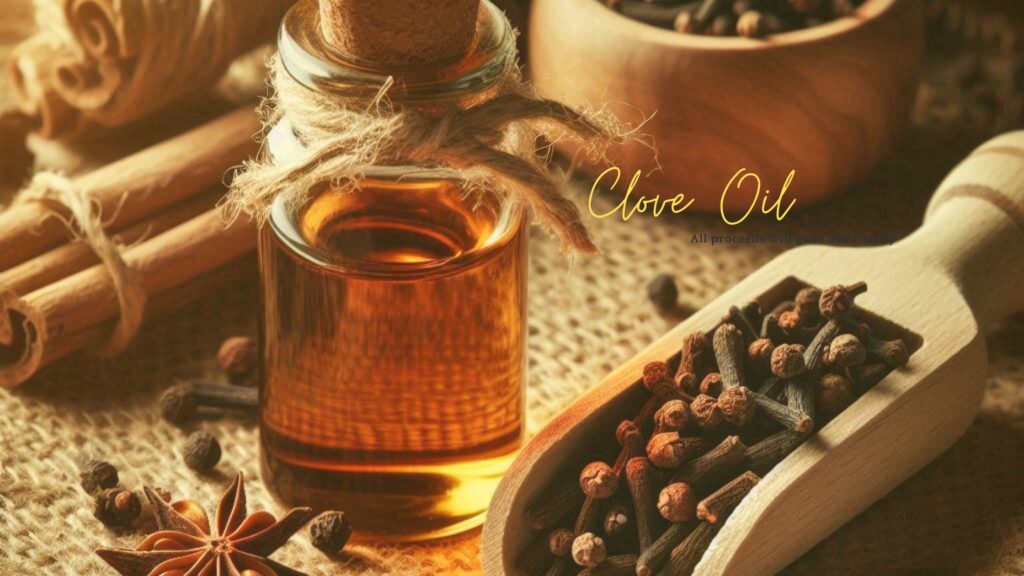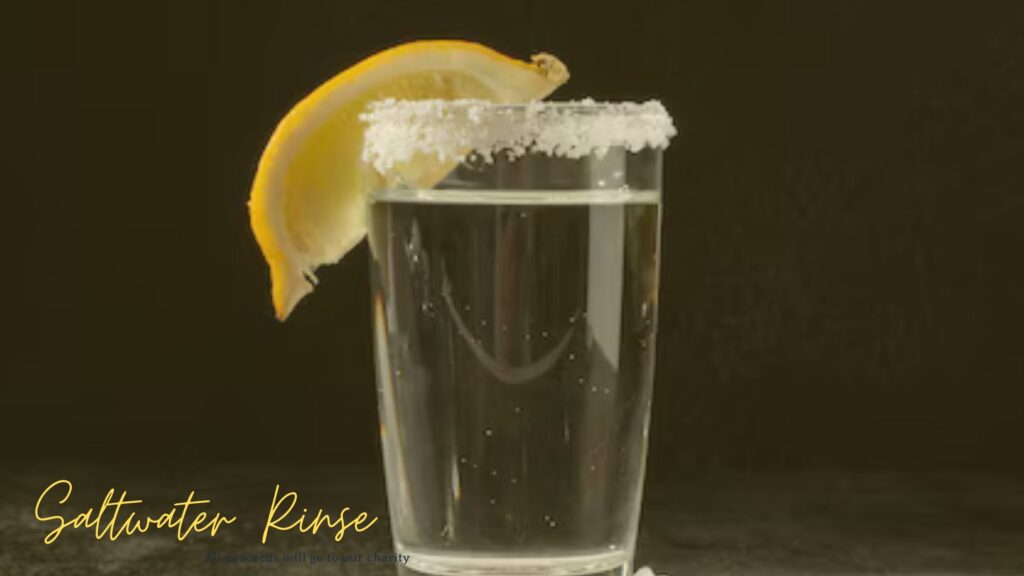If you’re experiencing pain in your teeth, it’s likely that you have a tooth cavity. Requiring frequent dental procedures or feeling that your teeth have weakened are signs that your oral health needs attention. Today’s article is specifically for you and will be highly beneficial. Many people struggle with dental cavities, and it often feels like finding a solution is a challenging task. However, addressing a tooth cavity doesn’t have to be as difficult as it seems with the right guidance and care.
But you do not need to worry at all because today we have brought three such simple and effective solutions for you. By using them you can make your hair look like new in just a few minutes. That too without any expensive dental treatment. If you want your teeth to become strong again then read this blog till the end.
Read More: How to Address Hair Thinning and Stop Balding?
3 Simple and Effective Solutions
Tooth cavity is a common problem that affects people of all ages, from young children to older adults. The primary cause of this issue is excessive sugar consumption. While we all enjoy sweets, the sugar in our food can be extremely harmful to our teeth. It encourages the growth of bacteria in the mouth, leading to black spots and even the development of cavities.Over time, the tooth cavity causes the teeth to become hollow from the inside. This allows small food particles to get trapped, leading to decay and bad breath. If not addressed, the condition can worsen, causing significant damage to the teeth.
The Role of Sugar in Tooth Cavity
Sugar plays a pivotal role in the formation of tooth cavities. Bacteria feed on the sugar left in the mouth, which produces acids that break down the enamel, the protective layer of the teeth. Once the enamel is weakened, cavities form, and over time, they can become large enough to cause severe tooth decay and discomfort.
Poor Oral Hygiene
Poor oral hygiene, such as not brushing your teeth properly every day, can lead to tooth cavity formation. A tooth cavity not only causes discomfort but can also result in infections and eventually, the complete loss of a tooth. This is not just a surface-level issue; there is a strong connection between dental caries and heart disease, showing that untreated cavities may increase the risk of heart attack.
It is crucial to maintain good oral hygiene and treat cavities promptly to avoid serious health complications. Brushing regularly, flossing, and visiting the dentist can help reduce the risk of developing a tooth cavity, thus preventing long-term damage to both your teeth and overall health. So now I want to tell you about some natural remedies which you can easily try at home. The best thing is that this remedy is scientifically proven which not only prevents your cavities but also repairs hollow teeth.
Clove Oil

Clove oil provides immediate relief from toothache and helps keep your teeth feeling fresh. The key component in clove oil, “eugenol”, temporarily relieves pain, giving you quick relief from dental discomfort. This makes it a go-to remedy for toothache.
Antibacterial and Anti-Inflammatory Properties
In addition to pain relief, clove oil has strong antibacterial properties that kill harmful bacteria in oral cavities. Cloves also have anti-inflammatory effects, reducing gum swelling and inflammation. For this reason, clove oil is a highly effective remedy for both toothaches and cavity prevention.
How to Use Clove Oil
To use clove oil, simply take a clean cotton ball, add a few drops of clove oil, and apply it to the affected area. Leave it on for 15 to 20 minutes. Afterward, rinse your mouth with lukewarm water. This method will not only reduce toothache but also leave your teeth feeling fresher and reduce bad breath.
Clove Oil Gargle
Alternatively, you can use clove oil as a mouthwash. Mix two to three drops of clove oil in a glass of lukewarm water and gargle for 30 seconds. This will provide additional benefits, keeping your mouth fresh and clean, and reducing toothache.
Garlic
Garlic is well-known for its benefits to heart health and cholesterol levels, but it also works wonders for your teeth. If you’re dealing with tooth cavities or dental pain, garlic can be a natural solution. It contains a compound called “allicin”, which disrupts bacterial cell walls, acting as a natural antibiotic. Garlic effectively kills the bacteria that cause tooth decay and cavities, helping to prevent further damage.
Anti-Inflammatory Benefits
Beyond its antibacterial properties, garlic’s anti-inflammatory effects help reduce the pain and swelling caused by cavities. Its regular use not only treats tooth problems but also strengthens your immune system, helping you avoid future infections.
How to Use Garlic
Start by crushing a fresh clove of garlic. Apply the crushed garlic paste directly to the tooth where you have cavities or pain. Let it sit for 10 to 15 minutes before rinsing your mouth with lukewarm water. This method provides natural relief from tooth pain and helps combat infection.
Dealing with Garlic Odor
If you’re not a fan of garlic’s strong smell, you can chew on a clove or cardamom after rinsing. This will freshen your breath and remove any lingering garlic odor, leaving your mouth feeling clean and refreshed.
Saltwater Rinse

A saltwater rinse is one of the easiest and most effective ways to maintain oral health. To prepare, take a glass of warm water and mix in one spoonful of salt. Swirl the solution in your mouth for about 30 seconds and spit it out. Repeat this process two to three times daily for best results.
How Saltwater Works
Saltwater acts as a natural antioxidant, helping to reduce bacteria in the mouth. It draws water out of bacterial cells, causing the bacteria to shrink and die off gradually. This leads to a cleaner mouth and a reduced risk of infections.
Reduces Inflammation
Saltwater rinses also soothe inflamed areas in the mouth, providing relief from pimples, irritated gums, or sores. It also helps reduce swelling, making it a good choice for overall oral comfort.
Balances pH and Prevents Tooth Decay
Another key benefit is that a saltwater rinse helps balance the pH level of your mouth. By neutralizing acids, it protects your tooth enamel from erosion caused by bacteria. Additionally, it speeds up the healing of oral wounds and minimizes the risk of infection.
Why Use Saltwater?
Gargling with saltwater is an easy and effective way to maintain oral hygiene. Its antibacterial and soothing properties ensure you keep your mouth fresh and free of harmful bacteria, while also promoting faster healing of any oral wounds.
FAQ:
Q1. What causes a tooth cavity?
A2. A tooth cavity is primarily caused by poor oral hygiene and excessive consumption of sugary foods and drinks. When sugars are left on your teeth, they combine with bacteria to form acids, which erode the enamel, leading to cavities. Failing to brush and floss regularly allows plaque to build up, increasing the risk of decay.
Q2. How can I prevent cavities?
A2. You can prevent cavities by maintaining good oral hygiene habits, such as brushing your teeth twice a day with fluoride toothpaste, flossing daily, and visiting your dentist regularly for cleanings and check-ups. Limiting sugary foods and drinks and drinking plenty of water also helps reduce the risk of cavities.
Q3. Can cavities heal on their own?
A3. Once a cavity has formed, it cannot heal on its own. However, early-stage cavities, known as demineralization, can sometimes be reversed with the use of fluoride treatments. Regular dental check-ups can help detect cavities early, allowing for preventive care before they worsen. Advanced cavities will require fillings or other treatments.